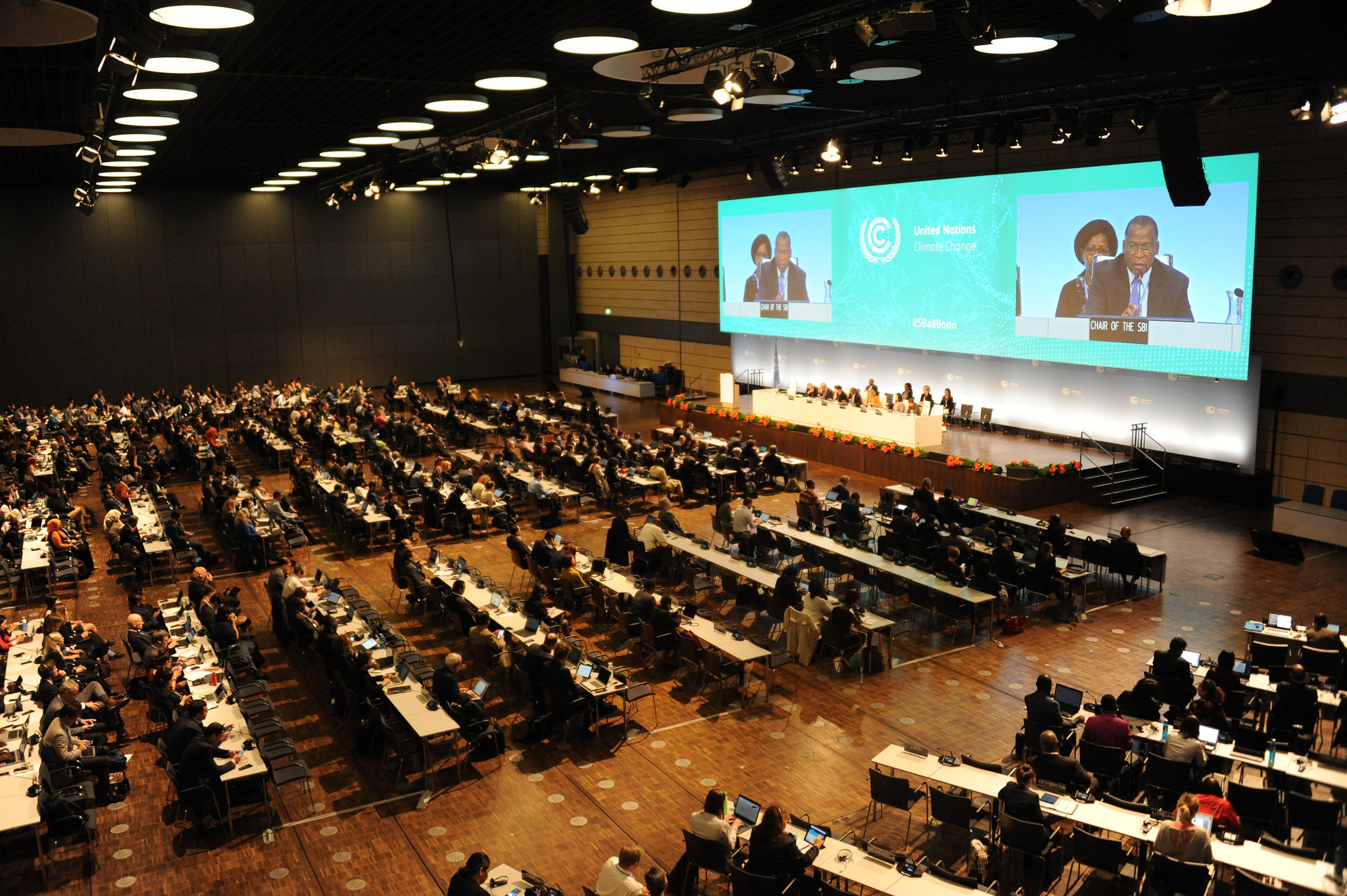National Adaptation Plans (NAPs), established through the COP16 process, aim to address medium- and long-term climate adaptation needs for Least Developed Countries (LDCs) by formulating comprehensive strategies. These plans are vital because they guide these countries in building resilience against climate impacts, ensuring that their communities, economies, and ecosystems can withstand and adapt to changing environmental conditions.
The importance of robust NAPs lies in their ability to provide a structured, strategic framework for mobilizing resources, fostering international collaboration, and implementing tangible adaptation projects that make a real difference. At COP29, the discussions on adaptation initiatives will have a significant focus on monitoring, evaluation, and learning (MEL) systems, as highlighted in the Nairobi Work Programme.
According to Caterina Guidi, a CMCC expert participating in the Conference, “developing effective MEL systems is fundamental to ensuring that adaptation measures are not only scaled and replicated successfully but also responsive to the evolving climate risks. However, implementing these systems in LDCs comes with considerable challenges, such as limited access to reliable data, a shortage of technical expertise, and insufficient financial resources. The upcoming event organized by the UNFCCC’s Subsidiary Body for Scientific and Technological Advice will offer a valuable platform for exchanging ideas on overcoming these barriers and enhancing adaptation effectiveness.”
CMCC stands at the forefront of adaptation research, offering crucial scientific insights and solutions that inform policies globally, with special attention to LDCs and the Mediterranean region. By conducting groundbreaking studies on climate impacts, economics, and risk management, CMCC provides decision-makers with evidence-based strategies for climate adaptation.
“The center’s commitment to knowledge dissemination is evident through its diverse outreach efforts: publishing policy briefs, hosting technical workshops, and organizing scientific conferences that engage stakeholders across sectors,” said Guidi. “Furthermore, CMCC’s training programs, including PhD courses and seasonal schools, ensure that the next generation of climate experts is well-prepared to address future challenges.”
For instance, CMCC provided an in-depth analysis on “Adaptation to Climate Change at the Local Scale” in the latest edition of the Report on Sustainable Development Goals (SDGs) by Istat, the Italian National Institute of Statistics. This report, which monitors Italy’s progress toward the UN’s Agenda 2030, includes CMCC’s expertise in evaluating regional climate impacts and formulating adaptation strategies under Goal 13: Climate Action. Furthermore, CMCC’s research was pivotal in the development of Italy’s National Adaptation Plan to Climate Change. This strategic document, grounded in CMCC’s climate modeling and analysis, outlines adaptation measures, identifies vulnerable regions, and provides a framework for enhancing national resilience.
At the European level, CMCC coordinates the European Topic Centre on Climate Change Adaptation (ETC CA), contributing to the European Environment Agency (EEA)’s efforts in monitoring adaptation actions across EU Member States. The ETC CA, under CMCC’s leadership, supports the implementation of the EU Strategy on Adaptation to Climate Change, as part of the broader objectives of the EU Green Deal. By bridging science and policy, CMCC ensures that adaptation initiatives are underpinned by robust evidence and tailored to address both immediate and long-term climate risks.
As COP29 deliberates on the most pressing adaptation needs, the expertise and research from CMCC will be key in shaping policies that can transform vulnerable communities into resilient, adaptive systems. The conference represents a pivotal moment for aligning global efforts and reinforcing the critical link between scientific evidence and effective climate governance for the world’s most at-risk nations.
Further readings from CMCC on the topic of Adaptation:
- “We will not go silently to our watery graves”: How to save a nation from drowning
- “Those that lose out: Paying for the biggest cost of climate change”
- “Adapting to rising climate risks: A matter of justice”
- “Adapting to climate change: A local approach”
- “EU Member States make progress in climate adaptation to boost resilience, EEA review finds”






